Any links to online stores should be assumed to be affiliates. The company or PR agency provides all or most review samples. They have no control over my content, and I provide my honest opinion.
[Update 8th September 2022]
I have previously updated the prices on the running costs of fridges and hot tubs based on the 80% price rise that would occur in October.
The government is finally pulling their finger out and stepping in to do something. the price cap was supposed to go up to £3,549, which was an increase of 80%. The government will now limit this to £2500, which is an increase of just 26%.
I have updated some of the figures again to represent what is expected to be the new-new October price cap or the price cap on the price cap, which will be government-backed through a £100bn of loans. I fully expect the government will find some way to screw us sooner or later with this one.
So, we are still in for an absolutely miserable time, but 29% less miserable than the original price cap.
Following on from my previous posts about the cost of running various appliances. I have been looking at the cost of running a washing machine.
These are a little harder to work out than the cost of general usage. Your fridge and Freezer are on all the time, costs will vary depending on ambient temperatures and how often you open the doors etc.
With a washing machine, it obviously depends on the number of loads you do per day or week and also the settings used. When not in use, my washing machine uses a bit under 1w of electricity.
I also only have one washing machine, unlikely my two fridges.
After my overly expensive smart Samsung WW9000 washing machine broke down, I bought a much more affordable LG F4J6VY2W approximately 3 years ago.
All my calculations are based on the current variable rate of approximately 0.28p per kW.
Washing in Cold Water
Traditionally we have always been told to wash our clothes at 40 degrees. Most of the energy consumption figures provided on websites assume a ridiculous 60-degree wash.
While that advice may have been relevant 10+ years ago when the warmer water was required to activate the enzymes in the detergent that cleans our clothes and kills bacteria, however, it is no longer accurate today, depending on the detergent you use.
Back in 2003, Procter & Gamble had an evaluation on its energy footprint and based on the findings of this, they reformulated its detergents to make them more efficient when used with cold water. Tide Coldwater was introduced in 2005.
Of course, you will still want to wash some things at warmer temperatures, bed linin and underwear are obvious examples, and warmer temperatures can be good at keeping white cotton bright.
The true cost of running cost of a washing machine
My LG F4J6VY2W freestanding washing machine is now discontinued and therefore doesn’t have one of the new modern energy efficiency ratings. It was A+++, and it stated that the annual energy consumption was 160kWh.
At 160kWh, this would work out as £44.8 per year to run based on the September price cap. This should have increased to £80.64 but with the Government backed price cap, this should be £56.5.
It looks like the official cycles figures are:
- 60 °C cotton (Full Load) 0.84 kW
- September Price: 24p
- Original October Price Cap: 43p
- Government backed price cap: 30p
- 60 °C cotton (Half Load) 0.65 kW
- September Price: 18p
- Original October Price Cap: 32p
- Government backed price cap: 23p
- 40 °C cotton (Half Load) 0.65 kW
- September Price: 18p
- Original October Price Cap: 32p
- Government backed price cap: 23p
In comparison, the current cheapest 9KG machine they have is the and has an energy efficiency rating of B.
This is stated as using 58kwh per 100 cycles, with the official cycle figures being:
- Eco 40-60 (Full Load): 1.011 kw
- September Price: 28p
- Original October Price Cap: 50p
- Government backed price cap: 35p
- Eco 40-60 (Half Load): 0.500 kw
- September Price: 14p
- Original October Price Cap: 24p
- Government backed price cap: 18p
- Eco 40-60 (Quarter Load): 0.242 kw
- September Price: 7p
- Original October Price Cap: 13p
- Government backed price cap: 9p
I used a quick wash for most of the tests because it took me less time. However, the length of the wash doesn’t appear to have as much effect as the warming up of the water. You are probably better off sticking to one of the cooler but longer washing cycles (if that is an option on your machine).
- Quick wash: 30 mins @ 30-degrees
- Max draw is 2500w, and the total usage was 0.23kw
- September Price: 6p
- Original October Price Cap: 11p
- Government backed price cap: 8p
- Quick wash – 30 mins @ Cold
- 0.04kw usage
- September Price: 1p
- Original October Price Cap: 2p
- Government backed price cap: 1.4p
- Cotton 40 degrees
- 0.38kw usage
- September Price: 11p
- Original October Price Cap: 20p
- Government backed price cap: 14p
Energy Use based on official figures
My sample of one appliance isn’t great. Unlike fridges, not all washing machines state average energy consumption, depending on the site you use.
Curry’s and John Lewis list energy consumption per cycle. Curry’s don’t state what option is used, but I assume it is the same as John Lewis. John Lewis uses a ridiculous setting of the 60ºC cotton cycle. I guess the logic behind this is that it is the worst-case scenario.
AO.com states per year based on 220 washes, but if we divide by 220, the figure is still very high, so I assume they are also using a 60-degree wash.
I assume most people don’t use 60-degrees for most of their washes. Therefore, the below figures are not very accurate.
- LOGIK L712WM20
- Cheapest on Currys
- Capacity: 7kg
- Price: £209
- Energy Rating: D
- Water consumption per cycle: 45 litres
- Energy consumption per cycle: 0.69 kWh
- September Price: 20p
- Original October Price Cap: 36p
- Government backed price cap: 25.2p
- BEKO WTK82011W
- Cheapest C rated
- Capacity: 8kg
- Price: £229
- Energy Rating: C
- Water consumption per cycle: 41 litres
- Energy consumption per cycle: 0.62 kWh
- September Price: 17.3p
- Original October Price Cap: 31p
- Government backed price cap: 21.8p
- LOGIK LIW714W20
- Cheapest B rated
- Capacity: 7kg
- Price: £299
- Energy Rating: B
- Water consumption per cycle: 45 litres
- Energy consumption per cycle: 0.52 kWh
- September Price: 14.6p
- Original October Price Cap: 26.3p
- Government backed price cap: 18.4p
- HOOVER H-Wash 300 (H3W 68TME)
- Same price as the Logik but larger capacity
- Capacity: 8kg
- Price: £299
- Energy Rating: B
- Water consumption per cycle: 44 litres
- Energy consumption per cycle: 0.55 kWh
- September Price: 15.4p
- Original October Price Cap: 27.7p
- Government backed price cap: 19.4p
- Cheapest A rated
- Capacity: 8kg
- Price: £329
- Energy Rating: A
- Water consumption per cycle: 44 litres
- Energy consumption per cycle: 0.47 kWh
- September Price: 13.2p
- Original October Price Cap: 23.8p
- Government backed price cap: 16.6p
Is it worth spending extra on a higher efficiency washing machine?
Using the above figures, if you did 200 washes per year, the cheapest LOGIK L712WM20 would use 138kWh at a cost of £38.64 in September, £69.55 with the original October price cap or £48.68 with the supported price cap. The official annual figure is 195 kWh or £54.60 / £98.28 / £68.80.
The HOOVER H-WASH 300 H3WS68TAMCE would use 94kWh at a cost of £26.32 / £47.38 / £33.16. Alternatively, the official stated annual consumption is 118 kWh or £33.04 / £59.47 / £41.63.
If you are doing most of your washing at a lower temperature, these figures will be smaller.
Therefore, if you are looking for a new washing machine purely on the overall cost (rather than all the other features), there is little reason to opt for a higher efficiency but more expensive washing machine.
[Original Post from 29th May 2022]
I am James, a UK-based tech enthusiast and the Editor and Owner of Mighty Gadget, which I’ve proudly run since 2007. Passionate about all things technology, my expertise spans from computers and networking to mobile, wearables, and smart home devices.
As a fitness fanatic who loves running and cycling, I also have a keen interest in fitness-related technology, and I take every opportunity to cover this niche on my blog. My diverse interests allow me to bring a unique perspective to tech blogging, merging lifestyle, fitness, and the latest tech trends.
In my academic pursuits, I earned a BSc in Information Systems Design from UCLAN, before advancing my learning with a Master’s Degree in Computing. This advanced study also included Cisco CCNA accreditation, further demonstrating my commitment to understanding and staying ahead of the technology curve.
I’m proud to share that Vuelio has consistently ranked Mighty Gadget as one of the top technology blogs in the UK. With my dedication to technology and drive to share my insights, I aim to continue providing my readers with engaging and informative content.


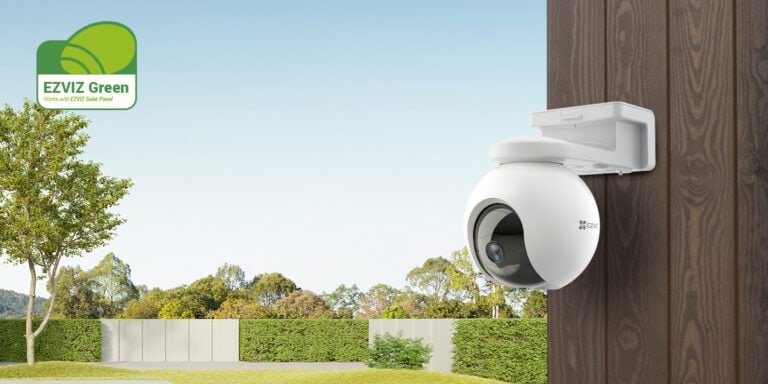

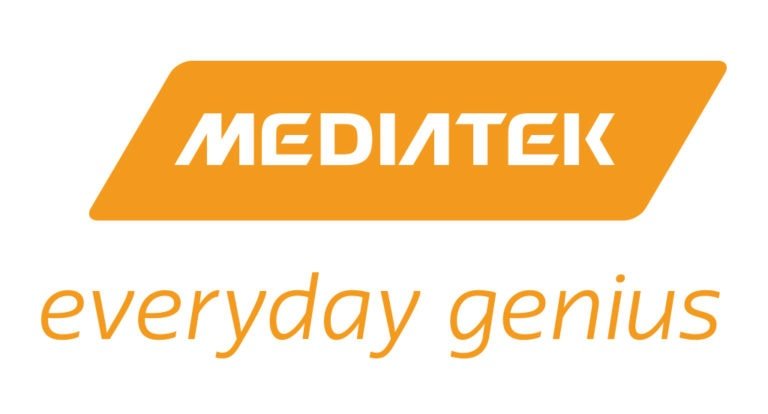
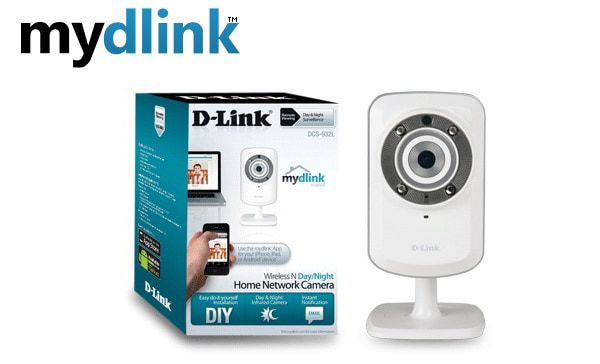
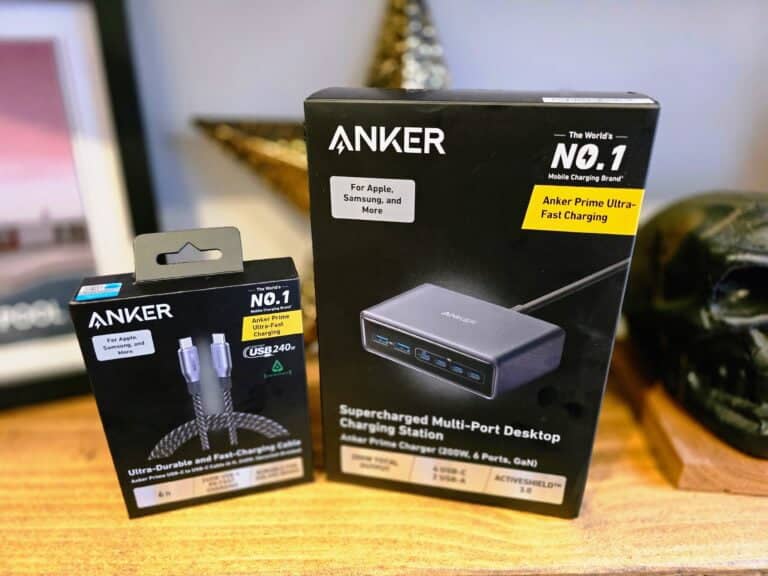
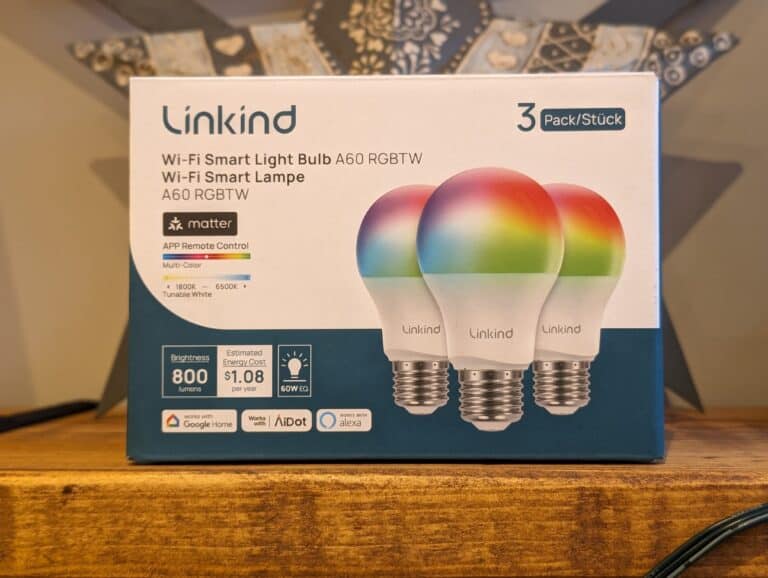
Very good report. I am currently checking the running costs of various appliances, TV, kettle, washing machine, fridge freezer etc. I am setting cost at 52p / KWh though. I am with British Gas for both gas and electric. Where do you get 28 p / KWh from? I will have to consider changing my supplier.
The British Gas website is a nightmare to navigate and I have used 52p from figures I have got from Google. I cant actually confirm I am using BG cost correctly so your 28p cost is very interesting.